Dr. Tran Nhan Nghia, Department of Interventional Cardiology, said that receiving four patients with acute myocardial infarction on the same day is a rare phenomenon, especially in the context of Ho Chi Minh City changing from hot to rainy, with high humidity and a clear difference in temperature.
4 consecutive myocardial infarctions in 24 hours
According to Dr. Nghia, at around 0:00 on November 14, a 51-year-old male patient was admitted to the hospital in a state of fatigue and difficulty breathing but no chest pain. Coronary angiography showed complete blockage of the right coronary artery. The patient was successfully recanalized.
At 9 o'clock the same day, a 53-year-old male patient came to the hospital because of dizziness and epigastric burning. Electrocardiogram confirmed acute myocardial infarction in the lower region. Right coronary artery occlusion, intervention was successful.
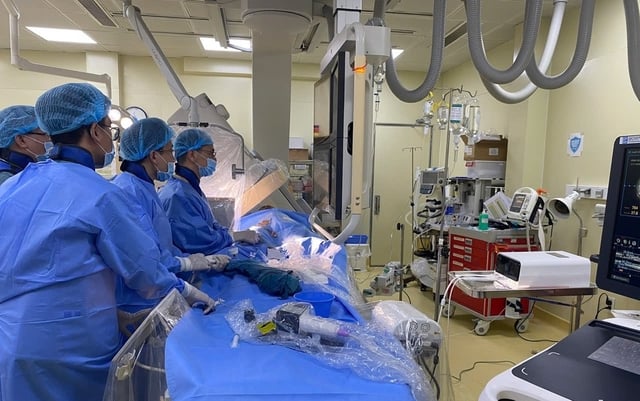
Dr. Tran Nhan Nghia and the cardiovascular intervention team successfully treated 4 cases on November 14.
At around 4pm on the same day, another 78-year-old male patient had chest pain intermittently for 3 days, and the pain continued on the day of admission. The right coronary artery was blocked, and the doctor placed a drug-coated stent, effectively reopening it.
Not yet, at 10 pm, the 61-year-old female patient was admitted to the hospital again, with type 2 diabetes, typical chest pain and sweating. The electrocardiogram showed an anterior myocardial infarction, the patient received timely intervention.
Dr. Nghia said that in previous months, the hospital received an average of 2 cases per week requiring emergency intervention. In the first 2 weeks of November alone, the number of cases increased by 8 patients.
"November 14th is the day with the highest number of cases ever recorded, 4 cases within 24 hours" - Dr. Nghia informed.
Why is heart disease more likely to occur when the weather changes?
According to Dr. Tran Nhan Nghia, sudden temperature changes, increased humidity, and large day-night temperature range (8 to 9°C) are factors that trigger myocardial ischemia in people with underlying coronary artery disease.
Specifically, common mechanisms include: Vasoconstriction causes blood pressure to increase and the heart to work harder; Increased blood viscosity, increased platelet activity, making it easier for blood clots to form; Autonomic nervous system fluctuations, increasing the risk of arrhythmia.
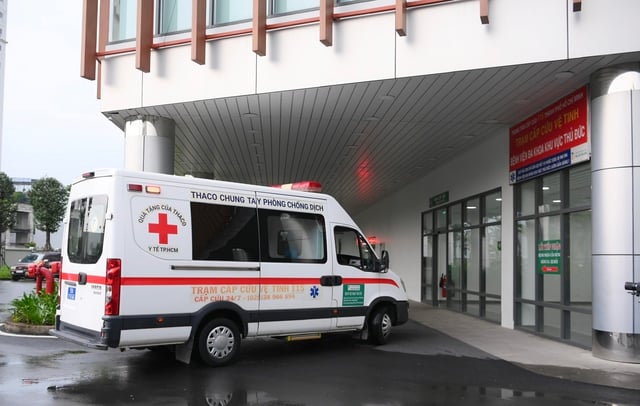
Time is of the essence for patients with myocardial infarction.
"When acting at the same time, these factors increase the risk of atherosclerotic plaque rupture and acute coronary artery blockage, which is the direct cause of myocardial infarction," Dr. Nghia further explained.
After the hospital's "record November 14th", experts warned the community "not to take the temperature difference lightly".
According to experts, Ho Chi Minh City is entering the transitional season, with cool mornings, hot noons, and humid evenings.
This is a condition that causes blood pressure to fluctuate sharply, especially in people with a history of high blood pressure; diabetes; lipid disorders; smoking; known or potential coronary artery disease.
"A small change in weather, if ignored, can become a trigger for a serious cardiovascular event," Dr. Nghia emphasized.
Cardiologist recommendations
For people with cardiovascular disease: Keep warm in the early morning, avoid sudden changes in temperature. Take medication as prescribed, do not skip doses. Monitor blood pressure regularly. Avoid exertion on days with strong temperature fluctuations.
For the community: Recognize early signs of danger such as chest pain, shortness of breath, sweating, nausea, dizziness. When there are signs, go immediately to a facility that can perform coronary intervention 24/7 when suspecting a heart attack, because time is the deciding factor in survival.
Source: https://suckhoedoisong.vn/thay-doi-thoi-weather-1-ngay-benh-vien-khu-vuc-ghi-nhan-4-ca-nhoi-mau-co-tim-cap-169251116113302201.htm






![[Photo] Prime Minister Pham Minh Chinh meets with representatives of outstanding teachers](https://vphoto.vietnam.vn/thumb/1200x675/vietnam/resource/IMAGE/2025/11/15/1763215934276_dsc-0578-jpg.webp)
![[Photo] General Secretary To Lam receives Vice President of Luxshare-ICT Group (China)](https://vphoto.vietnam.vn/thumb/1200x675/vietnam/resource/IMAGE/2025/11/15/1763211137119_a1-bnd-7809-8939-jpg.webp)
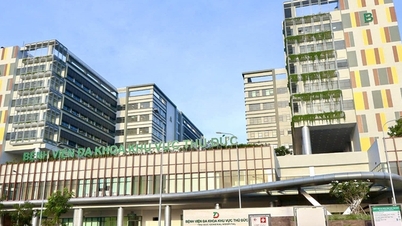












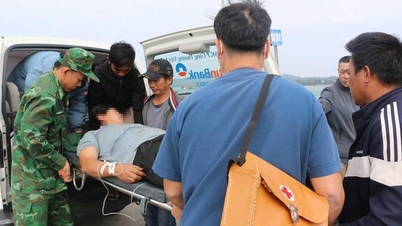
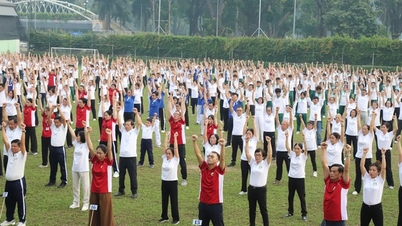
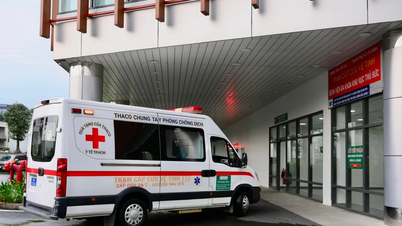
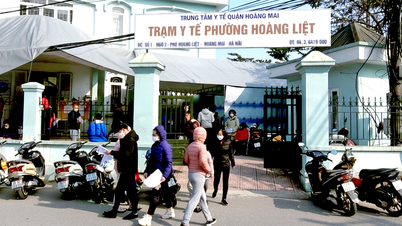







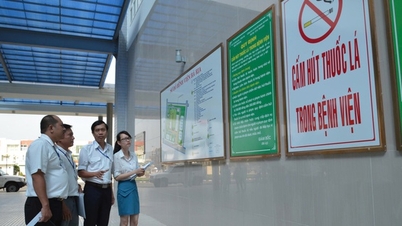

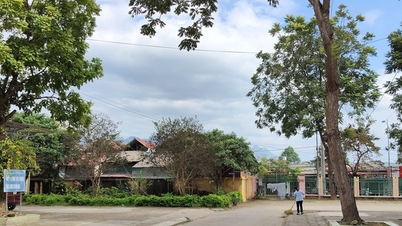
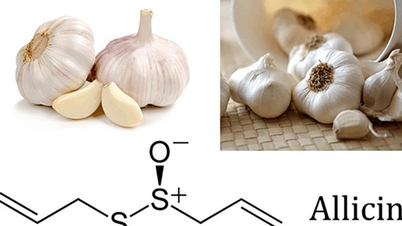
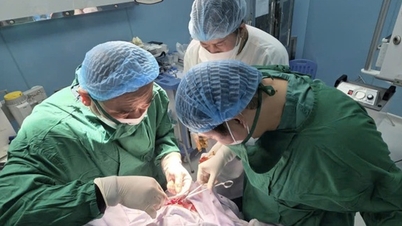














































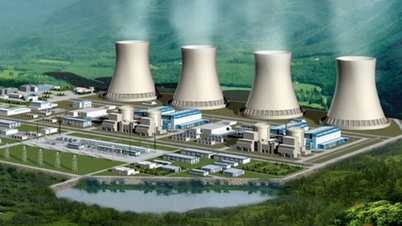




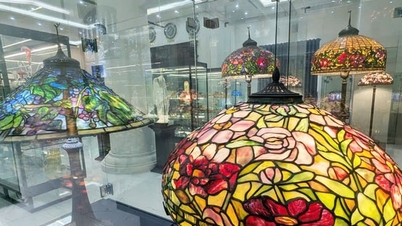

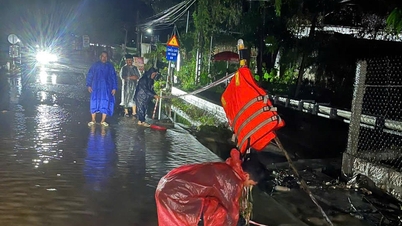















Comment (0)